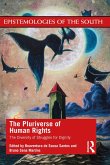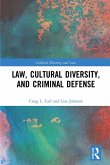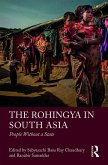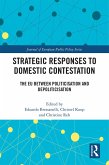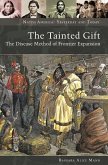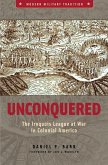Telling the crucial and under-studied story of the U.S. legal doctrines that underpin the dispossession and domination of Indigenous peoples, this book enhances global Indigenous movements for self-determination.
In this wide-ranging historical study of federal Indian law-the field of U.S. law related to Native peoples-attorney and educator Peter P. d'Errico argues that the U.S. government's assertion of absolute prerogative and unlimited authority over Native peoples and their lands is actually a suspension of law.
Combining a deep theoretical analysis of the law with a historical examination of its roots in Christian civilization, d'Errico presents a close reading of foundational legal cases and raises the possibility of revoking the doctrine of domination. The book's larger context is the increasing frequency of Indigenous conflicts with nation-states around the world as ecological crises caused by industrial extraction impinge drastically on Indigenous peoples' existences. D'Errico rethinks the role of law in the global order-imagining an Indigenous nomos of the earth, an order arising from peoples and places rather than the existing hegemony of states.
In this wide-ranging historical study of federal Indian law-the field of U.S. law related to Native peoples-attorney and educator Peter P. d'Errico argues that the U.S. government's assertion of absolute prerogative and unlimited authority over Native peoples and their lands is actually a suspension of law.
Combining a deep theoretical analysis of the law with a historical examination of its roots in Christian civilization, d'Errico presents a close reading of foundational legal cases and raises the possibility of revoking the doctrine of domination. The book's larger context is the increasing frequency of Indigenous conflicts with nation-states around the world as ecological crises caused by industrial extraction impinge drastically on Indigenous peoples' existences. D'Errico rethinks the role of law in the global order-imagining an Indigenous nomos of the earth, an order arising from peoples and places rather than the existing hegemony of states.




